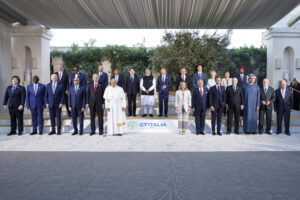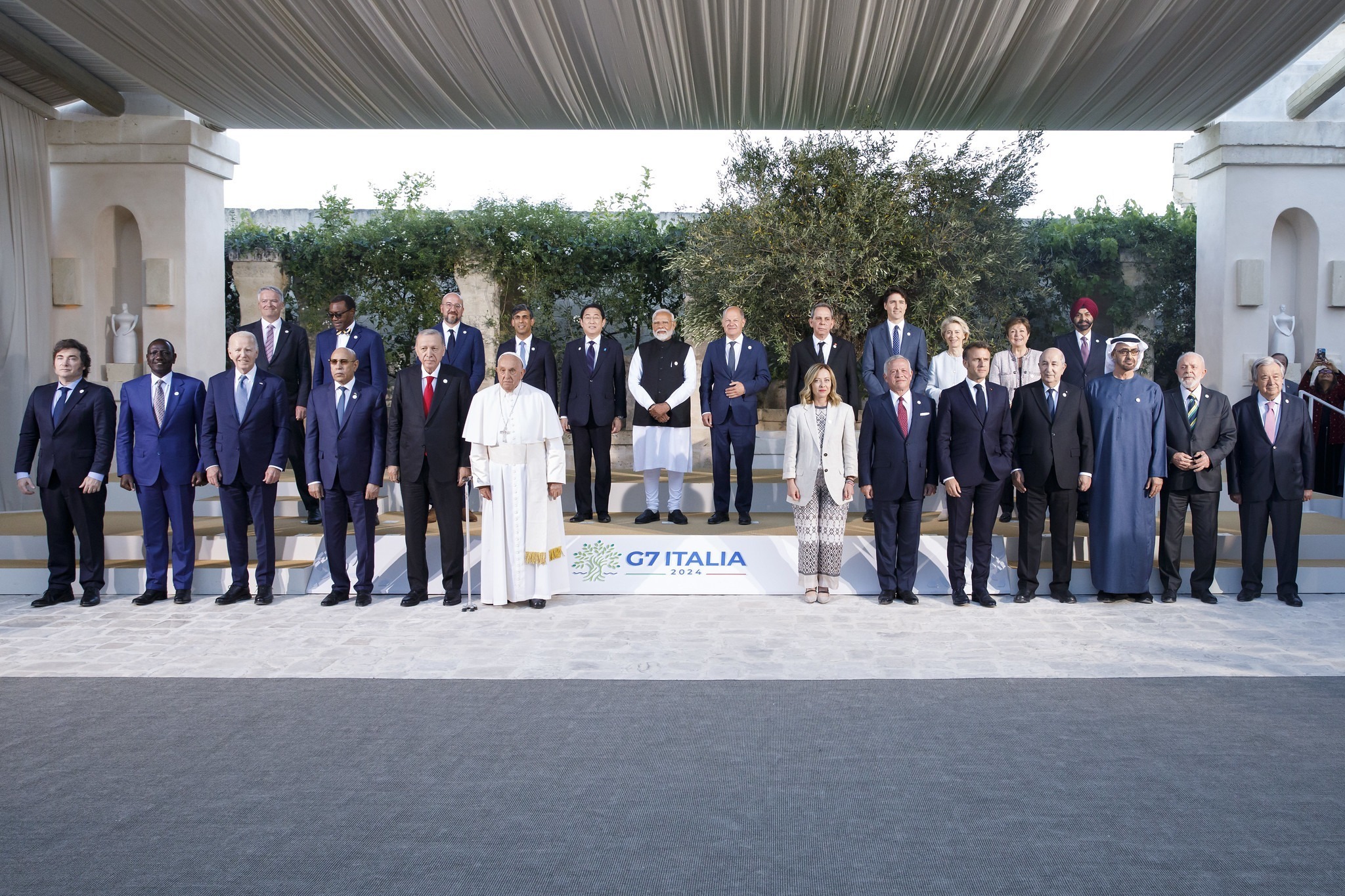The G7 summit, comprising Canada, France, Germany, Italy, Japan, the United Kingdom, and the United States, has committed to reforming the international financial system and pledged increased support for Africa’s development.
During the summit in Italy, Kenya’s President Williams Ruto advocated for reforms in the international financial architecture to ensure equity and inclusion, benefiting the Global South with improved access to finance and decision-making power.
In response, the G7 committed to modernizing the financial system to meet contemporary challenges. They pledged support for initiatives such as the G20 Compact with Africa and the Paris Pact for People and Planet, aimed at enhancing global collaboration, financing for development, climate solutions, and private sector investment. The G7 leaders also emphasized the importance of sustainable and transparent financing for developing nations undertaking significant reforms. They highlighted the Nairobi-Washington Initiative, launched by Presidents Ruto (Kenya) and Joe Biden (United States), to enhance domestic resource mobilization.
To ensure effective support for developing countries, the G7 vowed to collaborate with the Bretton Woods institutions: the International Monetary Fund, the World Bank, and other institutions, with plans to pilot their strategy by the end of 2024. Additionally, the G7 pledged to support African nations in sustainable development, governance, and economic growth, aligning efforts with the African Union Agenda 2063 and the African Continental Free Trade Area.

The G7 endorsed greater African representation in international forums, including a permanent African Union seat in the G20 and a third chair for Sub-Saharan Africa on the IMF Executive Board. Committing to the 2030 Agenda for Sustainable Development, the G7 reaffirmed its dedication to fostering global prosperity and achieving Sustainable Development Goals.
The continent’s external debt has been rising rapidly since 2014, with African countries now owing US$655.6 billion to external creditors, equivalent to 22.5% of their combined GDP in 2022. About 20 low-income countries in Africa are in, or at risk of, debt distress. African countries’ public debts are particularly burdensome because they are primarily owed to international rather than domestic lenders, with payments in hard currencies, complicating refinancing or restructuring efforts. Additionally, rating agencies have overstated the risk profile of African countries, resulting in higher interest rates compared to other continents. Following the outcomes of the summit, There is hope that the G7 will help provide relief measures to address the debt crisis in Africa.





